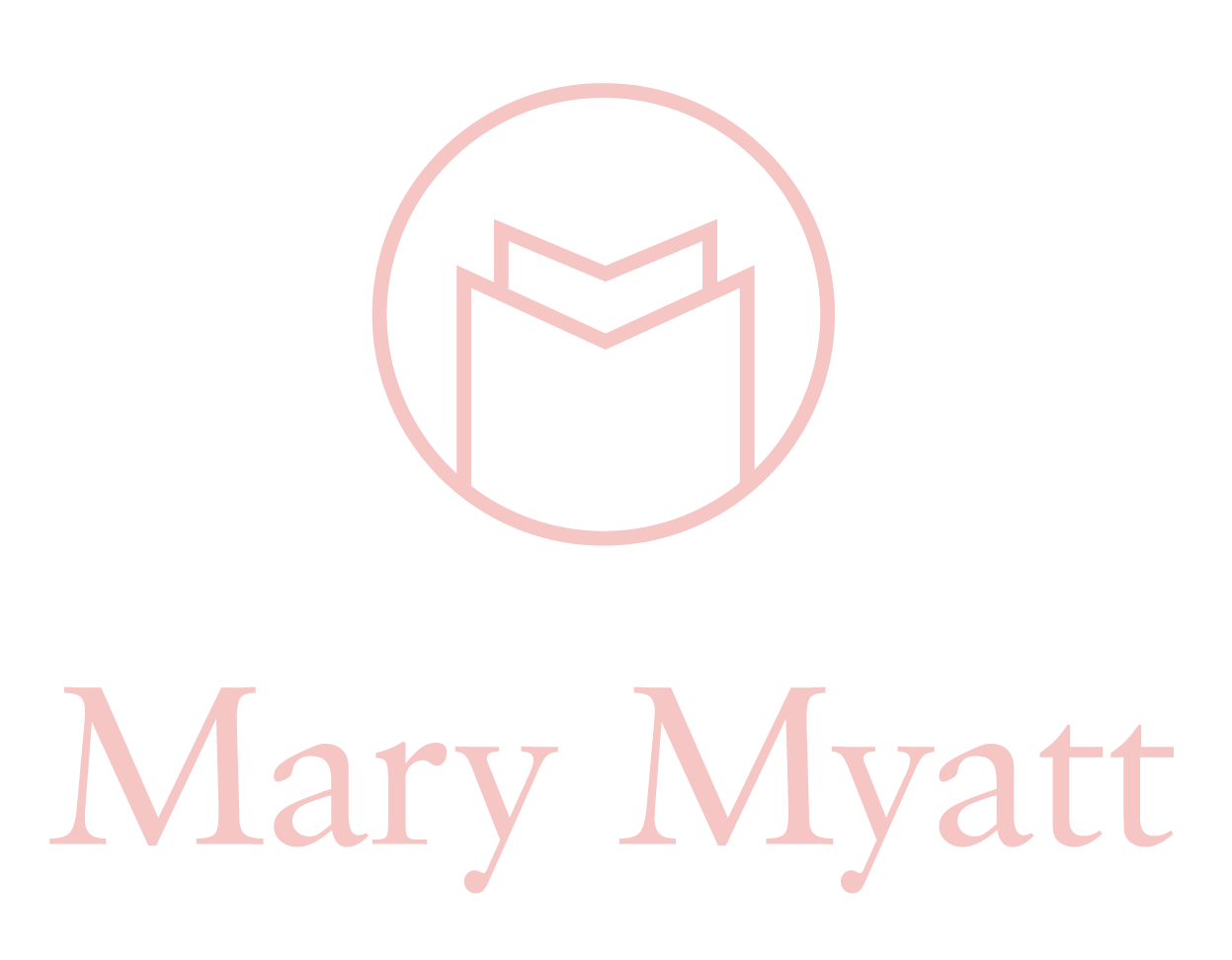A cardboard curriculum
‘We’ve been learning about the Jewish people.’
‘Can you tell me more?’
‘Well we’ve learnt about the synagogue. In fact we’ve made one.’
‘What can you tell me about the synagogue?’
‘Well, it’s made out of cardboard.’
There are three things I would like to contribute to the debate on knowledge in religious education: the first is that knowledge facts need to be underpinned by concepts and that these need to be taught explicitly; the second is that knowledge should be taught primarily through sacred texts, iconography, art and music and the third is that knowledge needs to reside in and be protected within the discipline, otherwise we end up with a ‘cardboard’ curriculum.
To take concepts first. My argument is that concepts are ‘holding baskets’ for facts. They help to make sense of multiple pieces of information and this makes them efficient. Concepts are largely, but not exclusively expressions of important ideas within an academic discipline. Our pupils are entitled to know them and to use them. Concepts enable connections to be made across a disparate range of facts; they reside in the long-term memory and can be called on to make sense of new information. Concepts provide the intellectual architecture on to which new knowledge and insights can be pinned.
Two examples: in Christianity, a fundamental belief is that God became human in the form of Jesus, namely incarnation. It is possible to argue that much Christian belief flows from this concept. I make the case that incarnation should be taught explicitly; that pupils should be expected to use it when talking and writing about Christmas, for example. The most efficient way to do this is to unpack the etymology of incarnation: ‘in’ meaning ‘in’ and ‘carn’ from the Latin for flesh (and from which we get carnation, carnival, chilli con carne). Exploring the etymological routes provides an extra layer of meaning for pupils and in so doing, makes the concept more concrete. And in terms of incarnation being the ‘holding basket’, it means that the nativity accounts, the celebrations at Christmas, for example, are understood in terms of the Christian belief that God became human in the form of baby Jesus at Christmas. This means that all the twinkly stuff, some of it naff, is underpinned by this key understanding of the meaning for Christians. I am arguing that pupils are entitled to know this. There are some who say that etymological work is too demanding for young children and yet there are four year olds who are fluent in dinosaurs and furthermore many of them know that the word dinosaur comes from the Greek for scary lizard. Getting to the roots of words makes children feel clever. A second example from Judaism is the covenant. This, if properly understood, revisited and learnt thoroughly then the obligations on the Jewish community to keep the mitzvoth, for example, are understood in terms of meeting this sacred obligation.
My second argument is that our primary sources of knowledge in the classroom should be sacred texts, artefacts, music and art. Knowledge needs to be located within the realm of the subject, not gobbetised and sanitised via a second rate worksheet. My experience is that pupils rise to the occasion, that they can cope with demanding stuff and are crying out for authentic knowledge. It makes them feel clever.
The final strand of my argument is that it is important to maintain a clear distinction between inter-disciplinary RE and cross-curricular RE. Inter-disciplinary keeps the integrity of subject specific knowledge in tact. Thus, for example, a unit on Christian pilgrimage might draw on the Canterbury Tales in English and Thomas a Becket in history, and a visit to Canterbury Cathedral in order to enlarge on pilgrimage, not be subsumed by the other subjects. Cross-curricular work, by contrast, mostly ends in a muddle. When a theme such as water, is agreed across a number of subjects it can degrade the knowledge within an individual discipline. By the time it ends up in the RE classroom it becomes Jesus walking on water. Or a piece of cardboard.
If we don’t hold steady on the knowledge and the integrity of the discipline, then we end up in a muddle. And so do our pupils.
I think we can do better than that.

